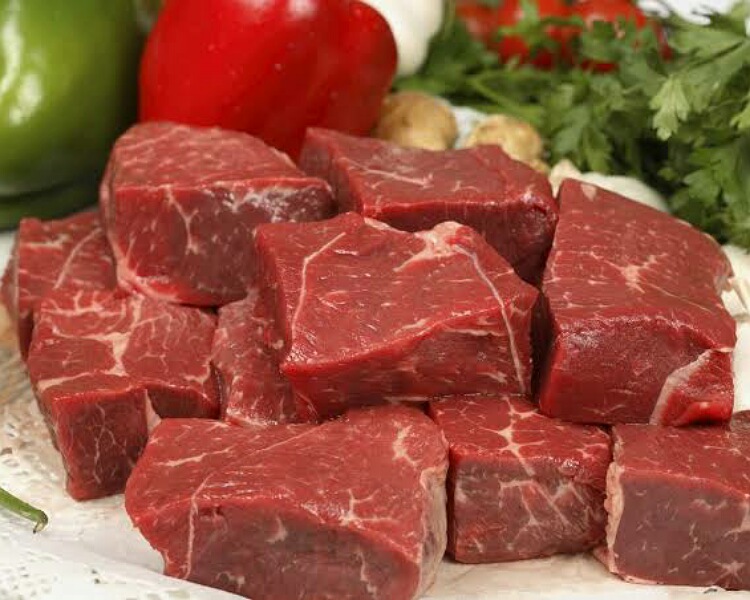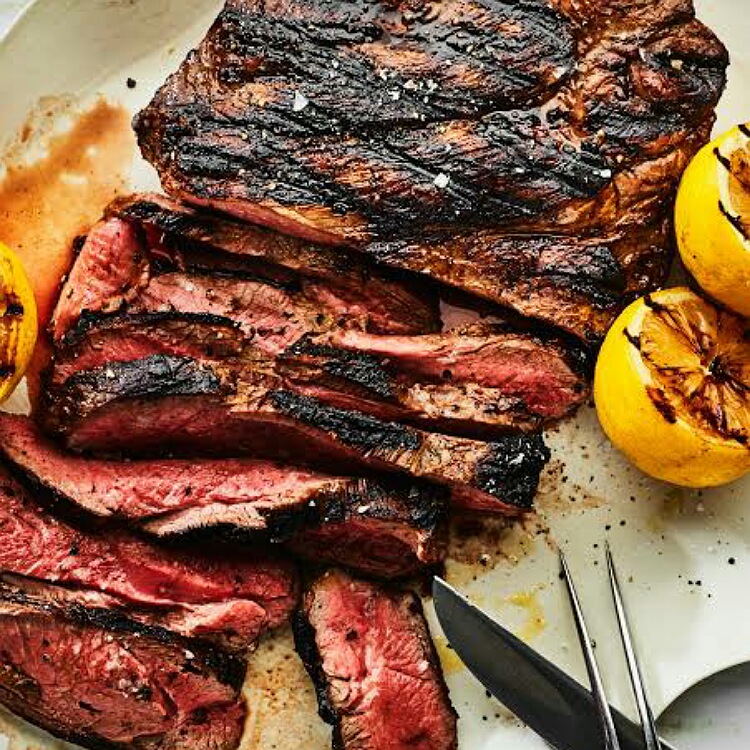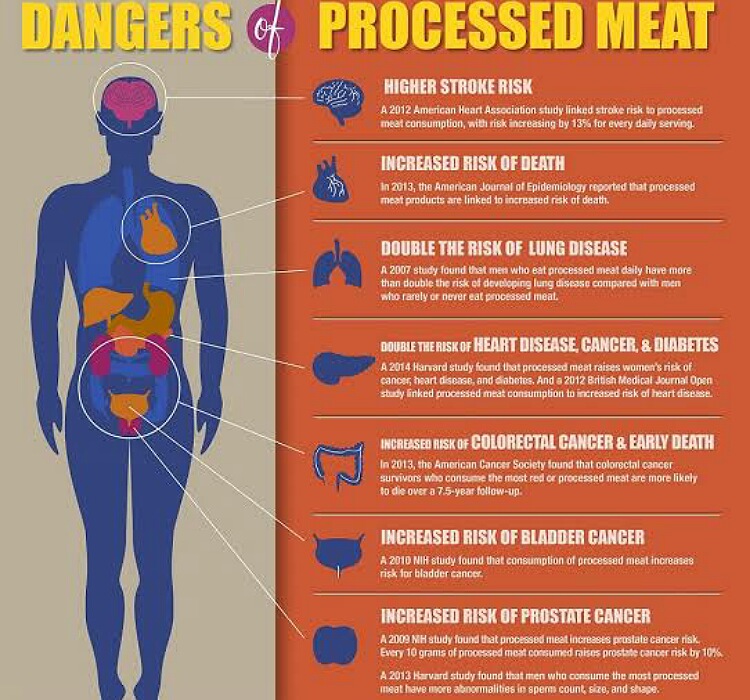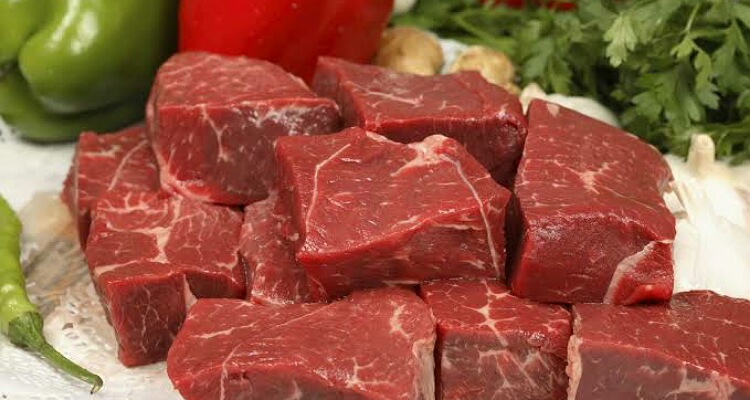It is crystal clear to everyone by now that red meat is bad for health and body. Dietitians and doctors have been advising to reduce this meat intake and use more of plant based foods.
Red meat and bad health
Red meat has a bad reputation in the health circles. Nutritionists and doctors recommend against it. It has a lot of negative effects on health. Roxana Ehsani is a certified nutritionist and National Media Spokesperson for the Academy of Nutrition and Dietetics. She says:
“Regular consumption of red meat has been linked to increased risk of developing high cholesterol and high blood pressure, both of which may lead to heart disease, and also increases risk of developing certain types of cancers,”
“Some studies have even found high intake of red meat increases risk for developing diabetes, and may even reduce one’s life span.”

Method of cooking of meat and its effects
Studies have shown that the way one cooks the red meat before consuming it plays a role in its effect on the body. When one burns it or grills it, risk of production of carcinogens in it increases. This elevated the cancer risk. Roxana explains:
“If you choose to grill it and the meat burns, this can cause the meat to contain harmful carcinogens which have been linked to increased cancer risk as well,”

Additionally, red meat usually is eaten in a processed form. And this implies that its salt content would also be high. It would also contain other unhealthy ingredients that can adversely affect the body. But in some people, these ill effects can be so bad and severe that they should completely avoid red meat. Which are these people who should not consume red meat?
People with high blood cholesterol
Roxana has this to say on it:
“People with high cholesterol should not be biting into a piece of steak or hamburger daily,”
“Unfortunately, if you already have high cholesterol, consuming red meat won’t help your cholesterol levels lower, it actually will do the opposite, and will increase those bad values even more.”
Such people should preferably take lean meat. And if they want red meat, they should consume it no more than 1 or 2 times in a month. They should opt for the leanest cuts that include flank steak, filet mignon, or sirloin.
People with alpha-gal syndrome
These people have red meat allergy. Jonathan Valdez, spokesperson for the New York State Academy of Nutrition and Dietetics and owner of Genki Nutrition states:
“Alpha-gal (galactose-α-1,3-galactose) is a sugar molecule found in mammals, and not found in fish, birds, reptiles, or people,”
“Consuming meat may cause hives, nausea, vomiting, heartburn, diarrhea, cough, drop in blood pressure, severe stomach pain, and swelling in lips or eyes, or throat.”
People with heart diseases

These people need be cautious of intake of this meat. Roxana says:
“For example, a person with heart disease may already have a buildup of unhealthy plaque in their arteries, and should be eating a diet very low in any type of unhealthful fat like saturated or trans-fat that may cause even more plaque buildup,”
“This plaque buildup, if narrowed even more, can lead to fatal or near-fatal events like a stroke or heart attack.”
Advanced kidney disease patients
Those with state 3 to 5 of kidney disease must avoid this meat even if they are not on dialysis. Jonathan elaborates:
“High protein diets when your kidneys aren’t functioning well could do more harm than good,”
“You may need to drop your intake between 0.6-0.8 grams of protein per kilogram of weight depending on your kidney function. If you have this, follow up with a registered dietitian nutritionist to help you develop your diet.”
Risk factors for heart disease
The risk factors for heart disease includes high blood pressure, high blood cholesterol, diabetes, obesity, and sedentary lifestyle. Roxana explains:
“People with these conditions already are more predisposed for developing heart disease and are at greater risk for other health conditions,”
“It’s best for people with this risk to limit their intake of red meat as much as possible, and instead focus on choosing very lean cuts of protein, such as chicken breast, fish, beans, or lentils.”
Certain cancer
Read more: Welsh farmers teach the world about non-intensive sustainable red meat farming!
Colon cancer risk increases with this meat consumption. Roxana advises:
“Therefore, people with a family history of colon cancer, likely should be more cautious when it comes to red meat,”
“A new study found that red meat and processed meat may cause genetic damage that may be causing colon cancer as well.”
